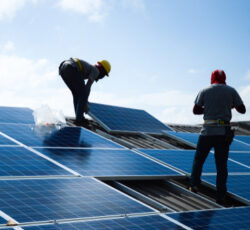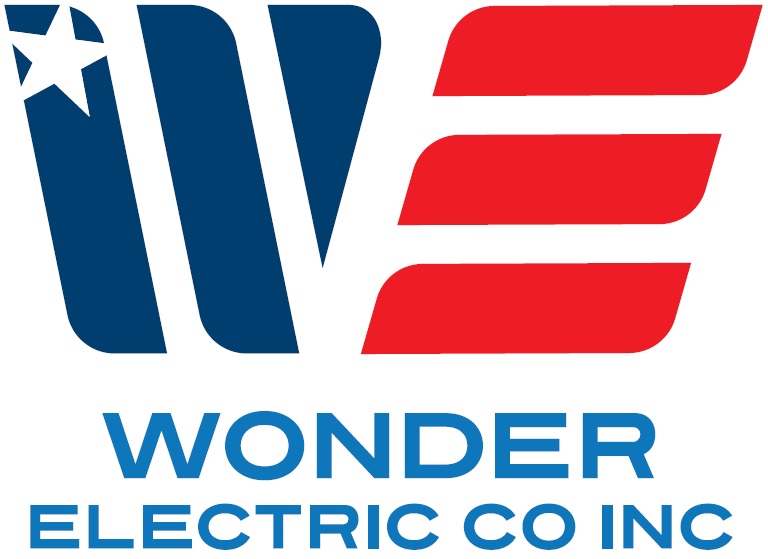On-Grid Solar – What Is It?
A solar system is a great way to save on your energy bills and reduce your carbon footprint. However, you may have questions about what type of solar system is best for your home and your energy needs. There are two types of solar systems that you can use: on-grid and off-grid. Understanding the differences can help you choose the right one for your needs.
Connection To The Utility Grid
On-Grid Solar systems are connected to the utility grid, allowing them to produce energy that can be used to power appliances. These systems work by converting the direct current generated from the solar panels into alternating current (AC), which is what you use to power your home. On-grid systems also have a grid-tied inverter that regulates the amount of electricity they produce and send to the utility. This allows the grid to keep your home powered even when you’re not using it. One of the main advantages of an on-grid system is that you can get credit for any excess energy that’s sent back to the grid. This is called net metering and is mandatory in 39 states. Another advantage of an on-grid system is that it won’t require batteries, which are expensive and need to be replaced from time to time. This saves you money and reduces your payback time. It also allows you to avoid peak demand charges, which are higher rates that utilities charge during times of high energy use.
Cost
On-grid systems are usually more expensive than off-grid systems. This is because they require additional equipment, such as batteries, that aren’t needed with off-grid systems. Off-grid solar systems are designed to produce electricity during the day and store it in batteries for use at night or during periods when you’re using more energy than your panels can produce. They are ideal for areas that suffer frequent power outages or in remote locations without grid electricity. However, off-grid solar systems can sometimes be more expensive than grid-tied solar systems because they require batteries, a string inverter, and a charge controller. In addition, they may need to be repaired or replaced over time.
Environmentally Friendly
On-Grid solar systems are a great choice for those seeking to use clean, renewable power. They also help reduce environmental contamination, as they do not require batteries that can pollute the air. It’s important to assess your home’s energy needs and solar potential before deciding whether an on-grid or off-grid solar system is right for you. Those who choose on-grid systems are typically looking to reduce their energy bills and enjoy a higher level of savings from net metering. This allows them to send excess power back into the grid and build credits that they can cash out at the end of the year. Those who choose off-grid systems are usually looking to live independently from the electric company. These systems are more expensive than their on-grid counterparts and can include a battery bank to store electricity that’s generated during the day.

Reliability
When your home or business is tied to the utility grid, you can use power from the electric grid when your solar panels aren’t producing enough electricity. This makes your energy bills lower since you don’t need to buy batteries to store power. In an off-grid system, you’ll need a battery to store your solar energy so that you can use it at night or during cloudy weather. However, this can add to the initial cost of your system and make it more difficult to install. On the other hand, if your home or business is connected to the electric grid, you’ll never run out of power. Moreover, if the utility grid has a power outage, your solar panels will keep producing electricity so you won’t have to worry about losing power or paying extra for your electricity.
